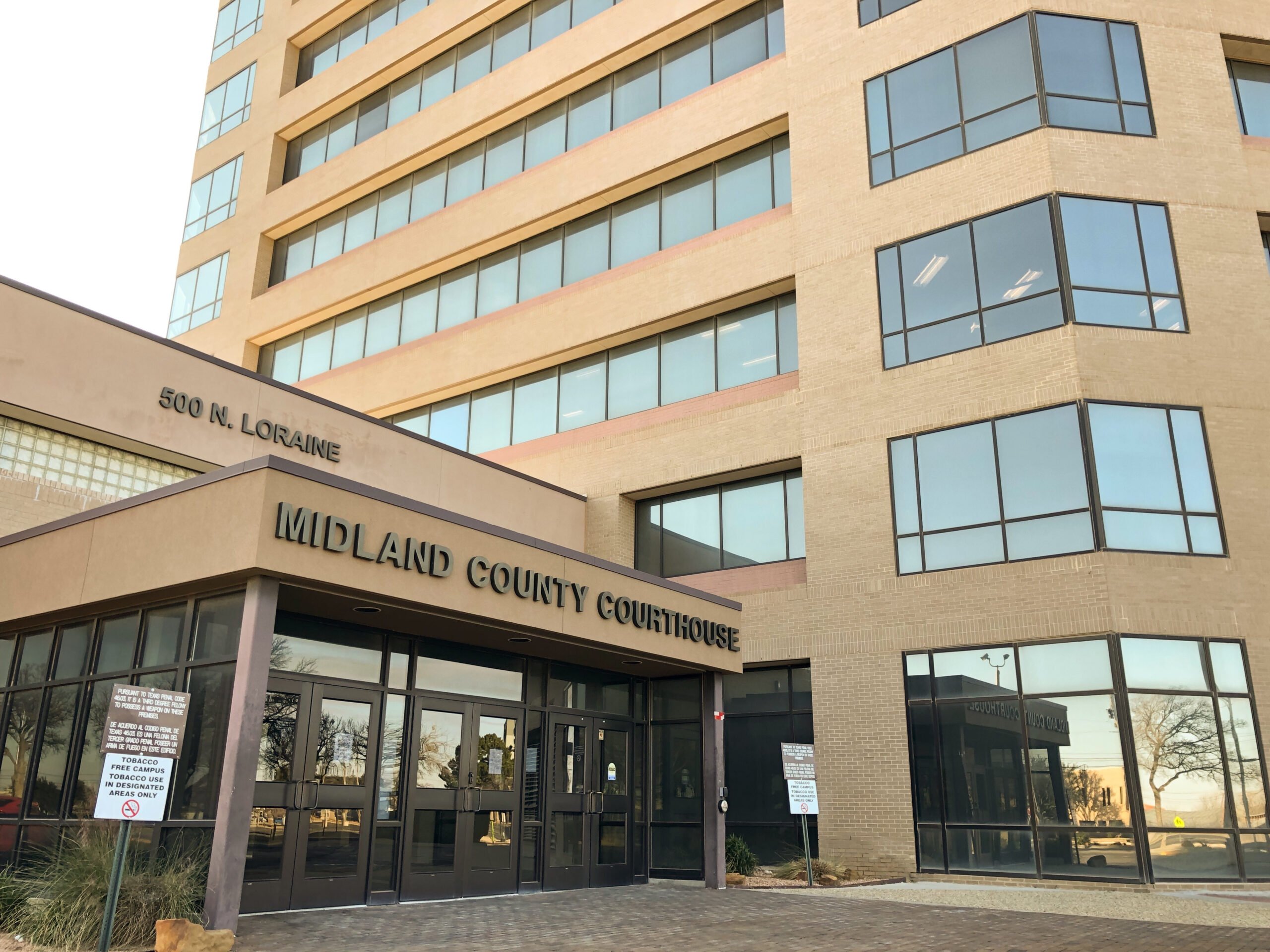Second Stimulus? No Chance!
Two years ago, Michael Williams, 47, worked in retail management. He had been with the same company, which he prefers not to name, for 22 years. His performance evaluations were excellent, and his employer gave him rave reviews, he says. He was seasoned, successful and secure in his chosen career field.
That was before the recession. Williams has been unemployed since Nov. 2008.
Williams is now a member of Launch Pad Job Club, a nonprofit that aids job seekers in the Austin area, and he volunteers as the leader of Public Servants Alliance Group (PSA), a subgroup of the organization. PSA has been working to turn the attention of Texas politicians to the unemployed by advocating for policies that will aid job seekers. Among these is a second round of federal stimulus.
“There’s a huge need out there [for more stimulus],” Williams said. “There’s such a vast majority of people who are suffering and struggling from no fault of their own.”
However, with the federal deficit hovering near $13 trillion, American voters are skittish to support spending more to boost the economy. And, with the November elections approaching, even some of the Senate’s Democrats are hesitant to approve of additional stimulus money – an unfortunate fact for the Lone Star State, which is facing an estimated deficit of $18 billion for the 2012-2013 budget cycle. Additionally, the $14.4 billion allocated to the state through ARRA will dry up in 2011.
Democratic State Rep. Jim Dunnam believes the first stimulus suffered from a lack of communication.
“I think that at the minimum, you have to say that Washington did a terrible job of explaining what this act was for,” he said. “I think most people today, when you talk about the stimulus bill, all they think about is the job creation programs. That was not the majority of it. The majority was tax cuts plus state fiscal relief.”
Dunnam said that looking at the stimulus package from this standpoint, it was successful. Texas was able to balance its budget, and companies and individuals received tax cuts.
Additionally, Dunnam said that without the stimulus act, the state’s unemployment rate would be worse than it currently is. According to a one-year anniversary report on the stimulus act and job creation in Texas by nonprofit Center for Public Policy Priorities, stimulus money saved and created 147,000 jobs during the fourth quarter of 2009.
However, the fluctuation of the unemployment rate has left some Texans skeptical. According to the U.S. Bureau of Labor Statistics, Texas’ unemployment rate when the stimulus act passed in Feb. 2009 was 7 percent and as of April 2010, it was 8.1 percent.
“It’s very difficult to have people appreciate the fact that more jobs weren’t lost,” Dunnam said. “The fact that you saved jobs by not as many people being laid off is far more difficult to appreciate than restoring jobs.” Kathy Lansford-Powell, a job counselor at Workforce Solutions and founder of Launch Pad Job Club, thinks that the stimulus act has helped the unemployed.
“We saw a huge spike in hiring, and people were going to work,” she said. “There were a lot more interviews going on, and people were getting more confident, enthusiastic and optimistic about the situation. This was reflected nationwide, I think.”
Some Texans believe, however, that if stimulus money had been allocated differently it could have had a more lasting effect on Texas’ economy, and stimulus money wouldn’t be as desperately needed to balance the 2012-2013 state budget. Points of contention include the state’s use of $8.1 billion – 56 percent of the stimulus money that Texas received – to replace general revenue that would have been spent on Medicaid and public education otherwise.
“About half of the funds…were used to simply supplant rather than supplement the state expenditure. So, about half of the stimulus had no stimulus impact,” said Fred Lewis, president of the nonprofit group Texans Together Education Fund.
Bee Moorhead, executive director of Texas Impact, a nonprofit faith organization, agrees that Texas didn’t take the opportunity to maximize the potential benefits of the first stimulus package.
“When the first stimulus passed, the Texas state government was not in bad shape economically or financially as any of the other states, really,” Moorhead said. “It would have been possible for Texas to have used the stimulus money that we got to do some things that were one-time expenditures that would have really put in some innovative programs.”
Scott McCown, executive director of the Center for Public Policy Priorities, fears that if Texas does not receive more fiscal relief, its economic recovery will be hampered.
“We’re going to face deeper cuts, and those then will translate into less public spending on education and health care, and that translates into less jobs and money into local communities,” McCown said. He argues that this is exactly what should be avoided in the midst of an economic downturn, as cutting public spending results in less money flowing into the private sector, thereby decreasing tax revenue.
“It’s going to be felt if we don’t have additional fiscal relief from D.C.,” Dunnam said of the $18 billion deficit. “It’s a number that just can’t be made up by normal means.”
Gov. Rick Perry, Lt. Gov. David Dewhurst and House Speaker Joe Straus have already asked state agencies to slash 10 percent of their baseline budgets for the upcoming two-year cycle. This occurred just weeks after the trio ordered these same agencies to cut $1.2 billion in spending through 2011.
To make matters worse, according to McCown, if Congress fails to extend the Medicaid match rate for two more quarters, Texas will be short an anticipated $1.3 billion. Other proposed solutions to the budget problem have included spending Texas’ Rainy Day Fund, which consists of about $9 billion. However, opinions vary as to whether or not exhausting the state’s savings is a wise choice. Hence, as a tax raise is unlikely with conservatives calling the shots, more federal stimulus is left on the table as one of the few, albeit unlikely, options that doesn’t consist of tearing Texas’ social programs to shreds.
McCown insists that, despite upcoming elections, now is not the time for politicians to take on the federal deficit.
“A lot of the deficit projections right now are because of the economic downturn,” he said. “In other words, it’s not that we’re spending more, it’s that we have a much smaller tax collection as result of the economic recession…so what we have to do is get the economy strong. That’ll pick up tax revenue and deal with a portion of the deficit. Then we have to turn our attention to some serious spending restraint.”
Williams, who is still looking for work, said that he is disappointed in politicians for ignoring the need for fiscal aid.
“They’re not concerned about doing the right thing,” he said. “They’re concerned about reelections.”


